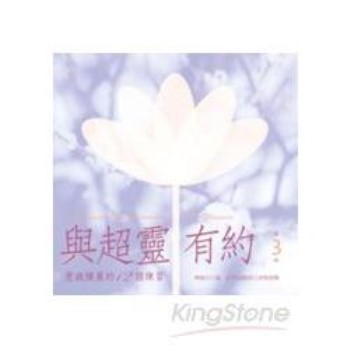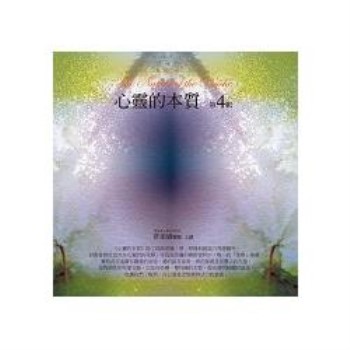Agriculture has been among the toughest political battlegrounds in postwar Japan and represents an ideal case study in institutional stability and change. Inefficient land use and a rapidly aging workforce have long been undermining the economic viability of the agricultural sector. Yet vested interests in the small-scale, part-time agricultural production structure have obstructed major reforms. Change has instead occurred in more subtle ways. Since the mid-1990s, a gradual reform process has dismantled some of the core pillars of the postwar agricultural support and protection regime. Harvesting State Support analyzes this process by shifting the analytical focus to the local level.
Drawing on extensive qualitative field research, Hanno Jentzsch investigates how local actors, including farmers, local governments, and local agricultural cooperatives, have translated abstract policies into local practice. Showing how local variants are constructed through recombining national reforms with the local informal institutional environment, Harvesting State Support reveals new links between agricultural reform and other shifts in Japan’s political economy.












